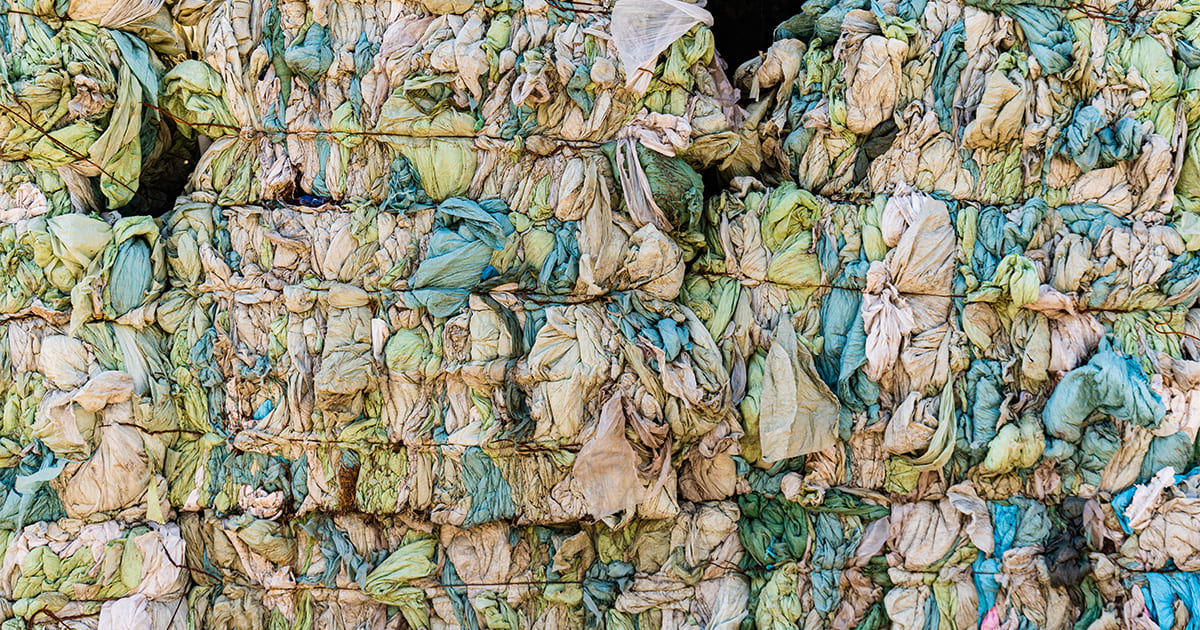Virginia Tech researchers have devised a groundbreaking method to upcycle plastic waste into valuable surfactants, essential components in soap and detergent production. Their study, published in Science, highlights the unexpected molecular resemblance between polyethylene, a common plastic, and fatty acids used in soap manufacturing. This connection inspired Guoliang “Greg” Liu, an associate professor of chemistry, to explore the transformation of polyethylene into fatty acids, which could then be turned into soap. By subjecting polyethylene to temperature-gradient thermolysis, the team successfully broke down the plastic into shorter chains, laying the foundation for an innovative plastic-to-soap upcycling technique.
Liu’s approach involves mimicking the combustion process of wood to break down polyethylene into “short-chain polyethylene” molecules, akin to waxes. These molecules, when combined with additional steps including saponification, yielded the world’s first soap made from plastics. The method’s simplicity and potential to work on various plastic types, including polypropylene, offer a new avenue for recycling. Unlike traditional methods, this approach doesn’t require complex catalysts or intricate procedures, making it more accessible for global adoption.
The economic viability of the process is underscored by the fact that soaps, though seemingly ordinary, can be worth up to triple the value of plastics by weight. This innovation could ultimately pave the way for reduced plastic waste in landfills, as recycled plastics are transformed into valuable and sustainable soap products. The study not only presents a tangible solution to plastic pollution but also emphasizes the universality of the problem. With simple processes, like the one proposed by Liu and his team, accessible to many countries worldwide, the fight against plastic pollution takes on a global perspective.
More information: Zhen Xu et al, Chemical upcycling of polyethylene, polypropylene, and mixtures to high-value surfactants, Science (2023). DOI: 10.1126/science.adh0993. www.science.org/doi/10.1126/science.adh0993

